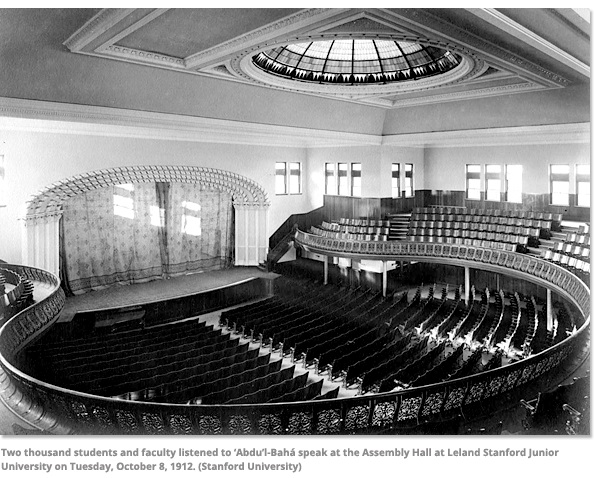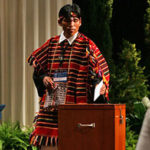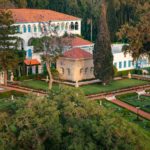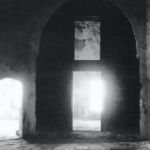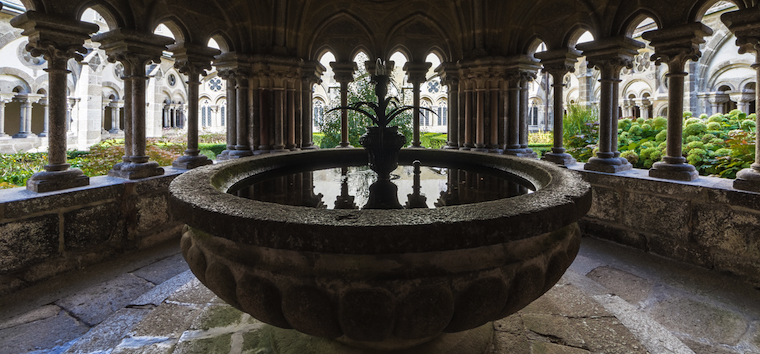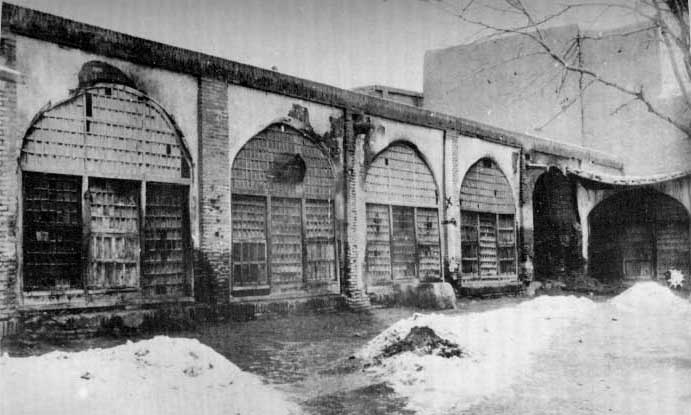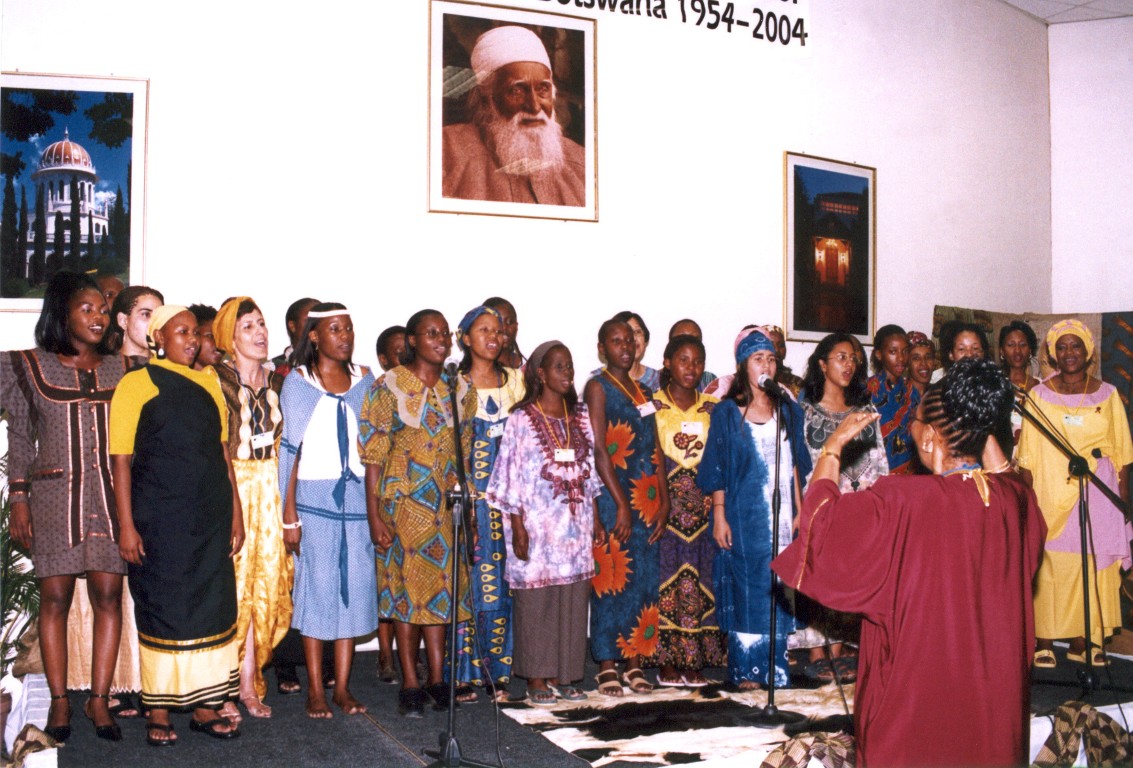
Baha’i Music – ladder for the soul

Bahá’u’lláh abolishes religious prohibition of music. Music is a ladder for the soul. Abdu’l Baha explains:
Among certain nations of the East, music was considered reprehensible, but in this new age the Manifest Light hath, in His holy Tablets, specifically proclaimed that music, sung or played, is spiritual food for soul and heart.
The musician’s art is among those arts worthy of the highest praise… [1]
The following are five brief references to music from different passages of Bahá’u’lláh’s writings.
We, verily, have made music as a ladder for your souls, a means whereby they may be lifted up unto the realm on high; make it not, therefore, as wings to self and passion.[2]
Thou beholdest, O my God, how every bone in my body soundeth like a pipe with the music of Thine inspiration, revealing the signs of Thy oneness and the clear tokens of Thy unity.[3]
O denizens of Paradise! Sing out and chant in the sweetest of tones, for the melody of God hath been raised within the Tabernacle of matchless sanctity.[4]
In cups and chalices She passed round the wine of life. How wondrous a draught, how wondrous indeed! With harp and lute She sang in praise of Her Beloved. How wondrous a song, how wondrous indeed![5]
In these planes, the nightingale of the heart hath other songs and secrets, which make the heart to stir and the soul to clamor, but this mystery of inner meaning may be whispered only from heart to heart, confided only from breast to breast.[6]
In 1898-99 a group of pilgrims arrived in the Holy Land – the first westerners who had travelled there to visited Baha’u’llah’s son, Abdu’l Baha. The most spiritually significant moment of their pilgrimage was when the band of pilgrims visited Baha’u’llah’s shrine. In this sacred moment, Abdu’l Baha called for music. At Abdu’l Baha’s request one of the pilgrims sang a Christian hymn of the era.
At the further end of the court is a door at one side, and within is the Holy Tomb. … [Abdu’l Baha] was calm and radiant and led us to the open space at the end of the court beside the Tomb, where, in the mellow light of a stained glass window, we all stood in silence until He bade one of our group to sing The Holy City. No pen could describe the solemn beauty of that moment, as, in a broken voice, this young girl sang the praise and glory of God, while all were immersed in the ocean of the Divine Presence. The tears of the pilgrims flowed and strong men wept aloud.”
(Excerpt From: May Maxwell. “An Early Pilgrimage.”)
There is no single form or genre of “Baha’i music”. Baha’is create music reflective of their particular cultural context. Accordingly Baha’i music varies greatly around the world. While many have a special gift for music and we benefit from their art, it does not imply that the creation of music needs to be confined to specialised performers. Music is part of communal life – an activity in which everyone can potentially participate. Given this, the Baha’i community is exploring the grassroots generation of music as part of the life of the community.
Often Baha’i music will involve the setting of the sacred writings of the Baha’i Faith to music, although there is no rule to this effect. In Baha’i Houses of Worship no musical instruments are used. The human voice is the vehicle for both prayer and music.
Here are some examples of Baha’i music. Naturally the choices are ones that speak most to me. They are a subset of the wide diversity of Baha’i inspired music.
(This article is the 55th in a series of what I hope will be 200 articles in 200 days for the 200th anniversary of the birth of Bahá’u’lláh. The anniversary is being celebrated around the world on 21 and 22 October 2017, The articles are simply my personal reflections on Bahá’u’lláh’s life and work. Any errors or inadequacies in these articles are solely my responsibility.)
Image Credits: Esther Moncho (right, foreground) moulded a group of amateur singers into an inspiring national choir for the Botswana Bahá’í jubilee celebrations. 2005. http://media.bahai.org/detail/8198718 Copyright © Bahá’í International Community

